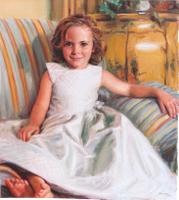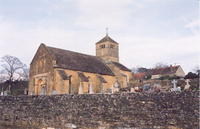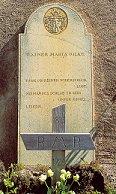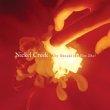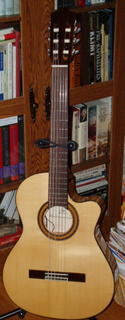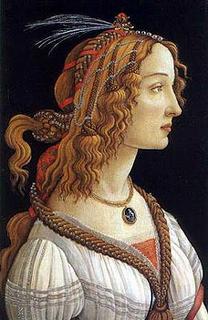While listening to an NPR story on how mega-churches are expanding in this country at a rate of 1-2 a day, I couldn't help but smile, as I was driving 15 minutes to attend evening worship at an OPC church pastored by a good friend. The attendance at the evening service hovers at about a dozen. And yet, the hymns are warmly sung, and the sermon expository and edifying, and I always leave feeling better than when I arrived.
The mega-church phenomenon has been widely written on, and widely criticized. Is it church when thousands of people fill an auditorium to listen to a rock concert, watch a dance recital or a theatrical production? Perhaps, but this development worries me.

Some "smaller" churches, trying desperately to
catch up, have gone to a model where you sit at a round table, drink a latté or eat a bowl of mixed fruit, while very loud contemporary Christian music (CCM) fills the air. After a dozen praise choruses, some sung over and over again, the pastor "appears," not in the flesh, but on a video screen. Or if there is a preacher present, he will present a
brief multi-media sermon addressing the "felt needs" of the congregation. Not all of this is Christianity lite, but much of it has the appearance of superficiality and entertainment.
I grew up in a small church of fifty, and I have pastored three churches, all with populations under 75. I have heard them referred to as "rinky-dink" congregations, "dying churches," and churches which ought to be closed and restarted along more contemporary models. There is a movement afoot in my denomination to "revive" small churches, for many are indeed dying, and those in authority above us believe that the old patterns of worship are lethal to growth, and so the "seeker-sensitive" model is held up as our panacea.
Let me be up-front and say that I would prefer to work in a bookstore than pastor a church with nothing but contemporary music, non-expository sermons, and tables with coffee and fruit. Look at the picture of this church. I grabbed it off of Google Images because it represents what I consider to be an alternative future of the small church.
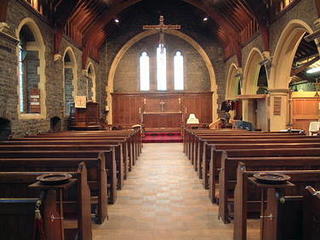
This church, like the one I grew up in, and the ones I pastored,
were not built for more than 100 worshipers. They were designed to be small, intimate places of worship, where the architecture, the furniture, and the very atmosphere of the sanctuary combined to move you out of this busy, sin-broken world, into a place of peace, conducive to prayer, attentive listening, and communion with God.
I believe that the future of the small church may not be a moving forward, catching the latest secular trends and "Christianizing" them, but in moving back to the ancient church, to small communities of interdependent people, who know each other's stories and challenges, sorrows and triumphs, and who worship in a way which brings them together in adoration of God, instead of isolating them in a crowd filled with noise.
Now if you love your mega-church, and want to rave about its programs, parking, and para-church ministries, God bless you. I just wanted to offer an alternative vision, which I hope gets a hearing in the months ahead, as Reformed churches everywhere scramble to stay alive and to grow. Perhaps we have overlooked those who desire stillness, sacrament, and biblical preaching. Many of us do not want to worship in a huge brick box, with basketball hoops above our heads, and not a single Christian image to be found anywhere. I pray that our goals for revitalization be respectful of those desires for sacred space and sacred worship.
Perhaps we have coveted too much the pottage of worldly success. Perhaps we are building our churches too big.
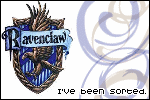 I am a Ravenclaw. No surprise...the nerd's house. Apologies to all non-Harry Potter people, who find this mystifying. All I can say is, "Go read some Rowling!" Here is the description based on an "exam."
I am a Ravenclaw. No surprise...the nerd's house. Apologies to all non-Harry Potter people, who find this mystifying. All I can say is, "Go read some Rowling!" Here is the description based on an "exam."


